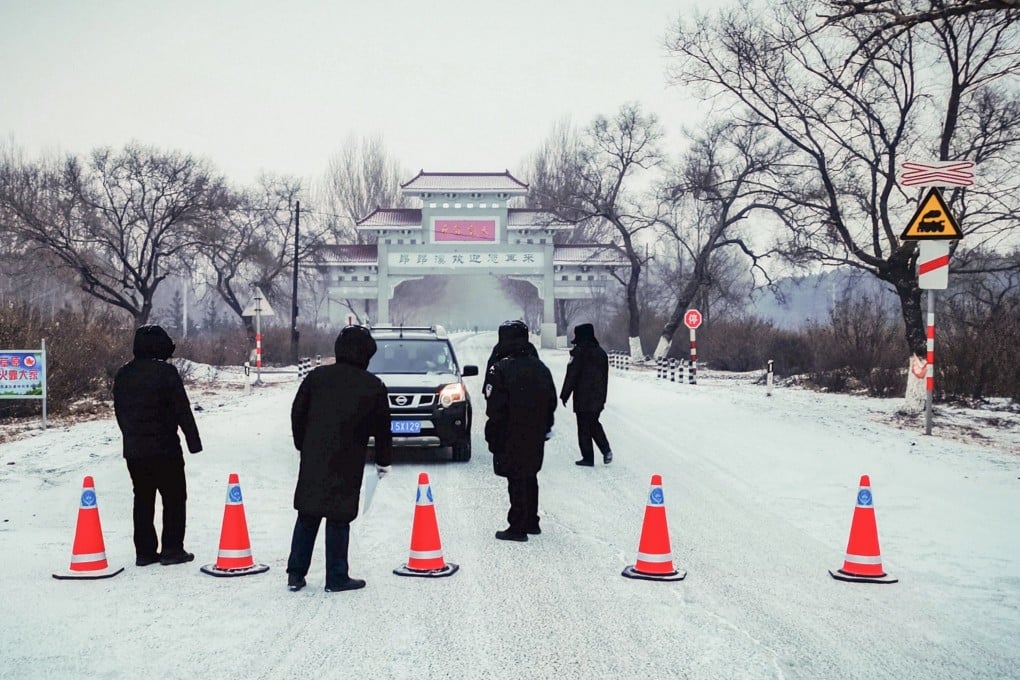Advertisement
Coronavirus in China: Heilongjiang declares state of emergency as outbreak spreads
- Province is the latest virus hotspot in the north of the country, which has seen a spike in cases in recent weeks
- Health authorities have responded with mass testing and lockdowns and people are being urged not to travel for the Lunar New Year
Reading Time:2 minutes
Why you can trust SCMP
1

China’s northeastern province of Heilongjiang, which borders Russia, has declared a state of emergency after reporting 16 new locally transmitted coronavirus cases.
It is the latest virus hotspot in the north of the country, which has seen a spike in cases in recent weeks.
There were 115 new infections reported nationwide as of Tuesday, eight of them imported and the rest local transmissions.
Advertisement
Ninety of those local cases were in Hebei province, neighbouring Beijing, and there was one in Shanxi, the National Health Commission said on Wednesday.
Chinese health authorities have been trying to contain a steady rise in cases over winter with mass testing and lockdowns, as infections in Hebei and Heilongjiang with unknown origins spread quickly to other provinces.
Advertisement
There are now 784 confirmed cases in mainland China, according to official figures.
Advertisement
Select Voice
Select Speed
1.00x